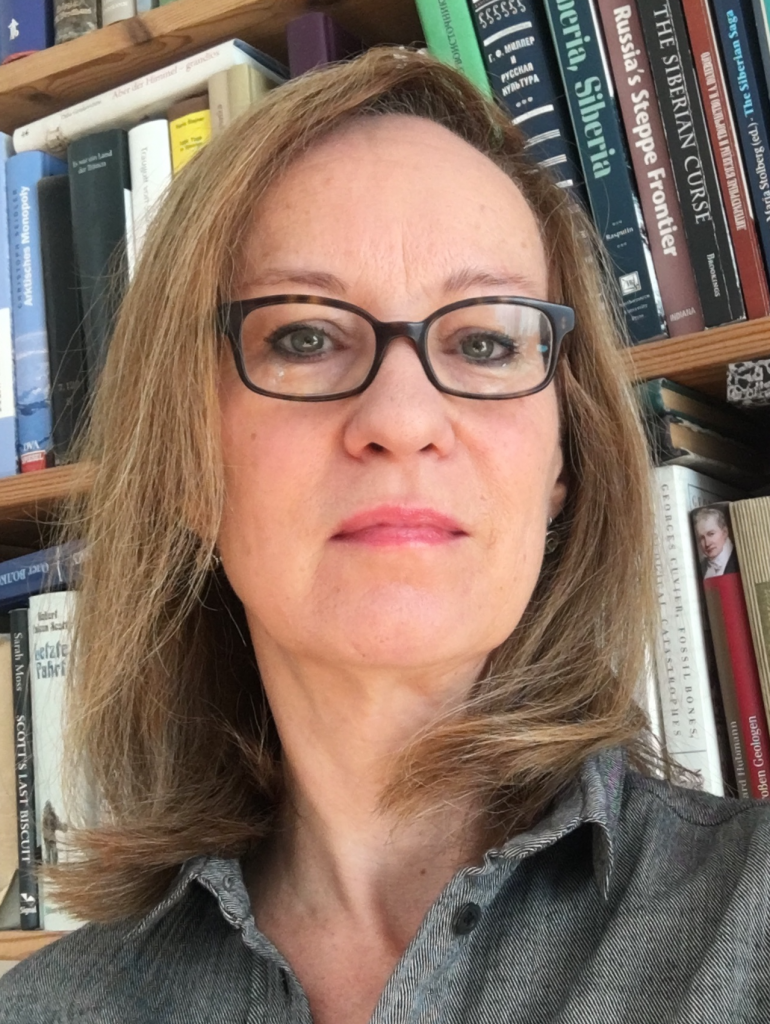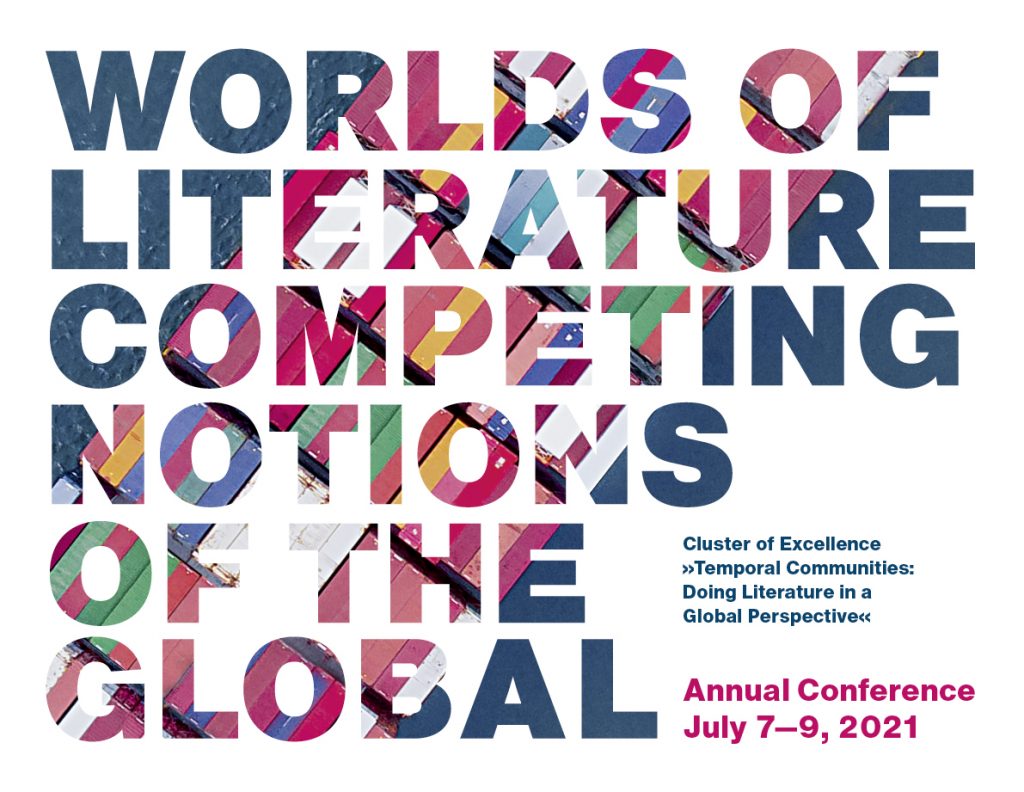“Competing Claims to World Literature as Heritage (The Mid-1930s and Beyond)”
8 July
Presented in Part 1 of the Panel “Constructing ‘Worlds of Literature'”, moderated by Bart Soethaert. 14:30-16:00 (Berlin time).
This contribution traces “heritage” as a key notion of different concepts of literature in the context of the 1930s – modern literature as well as national literature, and also world literature. Motivated by fascism as a threat to all culture, the question of “heritage” became crucial for all anti-fascist positions. Internationalist leftist, Soviet, and ‘simply’ anti-fascist positions intersected in their understanding of “heritage” as a term of universalist humanism: The Soviet (Leninist) concept of “critical appropriation” (Gor’kii, Ėrenburg, Stalin), André Malraux’ idea for the “musée imaginaire”, Leo Spitzer’s concept of “translatio studii”, and Erich Auerbach’s “philology of world literature”. However, it was exactly the notion of heritage that happened to be at the heart of a debate that, in the end, resulted in stable opposite positions and determined the further developments in literary criticism and notions of world literature. Along with emphasizing the common ground, I will highlight controversial aspects like: Whose heritage? (The question of who could be a legitimate heir.) Which heritage? (Which part of the literary inheritance should be valued and preserved as heritage?) How to inherit? (Is heritage to be preserved or appropriated? And how?), and I will reflect upon the impact of these concepts on literary politics as well as on theoretical developments (e.g. the programs of “realism” or “modernism”), and on the legacy of these discussions of today’s competing literary communities.
Introduction by Bart Soethaert, Postdoctoral Researcher RA 5 “Building Digital Communities”

Susanne Frank is Chair of Eastern Slavic Literatures and Cultures at the Institute for Slavic Studies. She is a graduate of the University of Konstanz, with a 1988 Master of Arts (Slavic Studies; History), 1996 PhD (Russian Literature), and 2004 Habilitation (Slavic and Comparative Literatures). She is leader of the project “(Post)Soviet Literary Cosmopolis” at the EXC 2020 “Temporal Communities: Doing Literature in a Global Perspective” (FU Berlin) and
Principal Investigator at the GK 2190 “Literatur- und Wissensgeschichte kleiner Formen” (Humboldt Universität Berlin). Frank is a board member of Friedrich Schlegel Graduate School of Literary Studies, a member of the editorial board of the series “Weltliteraturen”/”World literatures” at de Gruyter’s, as well as member of the editorial board of Welt der Slaven.
Fields of research:
Russian and Russian-language literatures
Literatures in (post)imperial context
Geopoetics and geopolitics
Soviet project of World literature and its legacy
Ecological approaches to cultural semantics
Recent publications:
Körper, Gedächtnis, Literatur in (post-)totalitären Kulturen, hg. mit F. Thun-Hohenstein, (= Wiener Slawistischer Almanach 85/2020) Berlin 2020. (darin: „Einleitung“ sowie „Literarische Zugänge zum Gedächtnis des Körpers nach Proust: sowjetische und postsowjetische Perspektiven“)
Arctic archives. Ice, memory, and entropy, hg. mit Kjetil Jakobsen, Bielefeld 2019.
“In der Defensive? Russischsprachige Dichtung der heutigen Ukraine”, in: Sirenen des Krieges. Diskurse und affektive Dimensionen des Ukraine-Konflikts, Berlin 2019, 81-119.
Bildformeln. Visuelle Erinnerungskulturen in Osteuropa, ed., Bielefeld 2018.
“Imperiale Nostalgie und Nationbildung. Der Dnepr/Dnipro in der Literatur von N. Gogol’ bis I. Klech”, in: Wiener Slawistischer Almanach 82 (2018).
“‘Multinational Soviet Literature’: The Project and Its Post-Soviet Legacy in Iurii Rytkheu and Gennadii Aigi”, in: Klavdia Smola, Dirk Uffelmann (Hrsg.), Postcolonial Slavic Literatures after Communism, München 2016, 191-218.
| At-a-glance Programme | About the Conference |
| Full Presenter List | Participant Registration |
